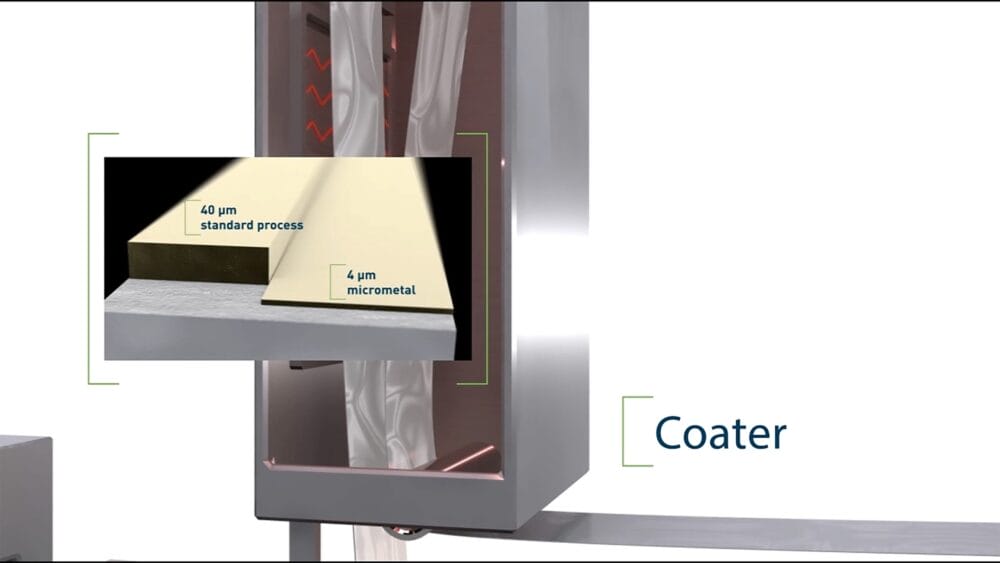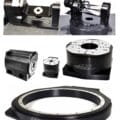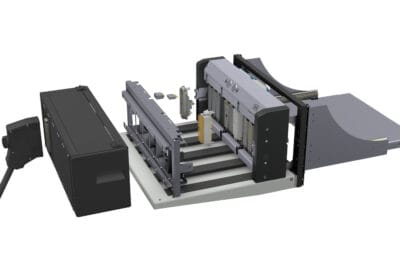micrometal has taken the photo-chemical etching (PCE) process to the next level, and offers unique adaptations of the technology that make its already striking precision even more compelling for OEMs wanting to push the boundaries of what is possible in metal part and component fabrication. micrometal’s complete focus is on the industrial production of high precision, repeatably accurate micro metal components, and to ensure this the company is constantly evolving the PCE process to offer far superior results than the legacy PCE processes that proliferate in the market today.
One ground-breaking adaptation is the use of the company’s patented liquid resist system instead of the dry film resist used in traditional PCE processes. Through the use of its liquid resist system, micrometal can obtain ultra-thin (2-8 micron) photoresist layers enabling a higher degree of precision in the chemical etching process. It allows the achievement of extremely small feature sizes of 25 microns, a minimum hole diameter 80% of the material thickness, and single digit micron tolerances repeatably. In addition, along with the company’s optimised exposure system it can avoid the parallax problems typically associated with alternative PCE processes.
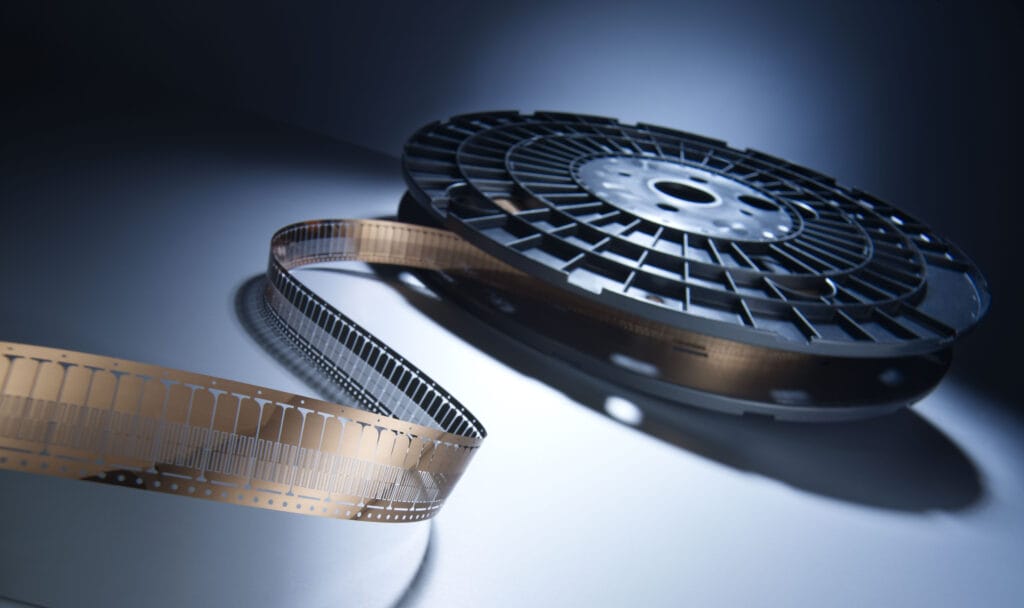
Jochen Kern, Head of Sales & Marketing at micrometal says, “Legacy PCE processes use relatively thick dry film resist which can compromise ultimate part precision and the tolerances that are available, and it is only able to achieve 100-micron feature sizes and a minimum hole diameter of 100-200% material thickness. micrometal’s next generation PCE process enables ultra-precise contours to take shape, and as such the company can produce metal parts with unique features and a level of complexity that cannot be matched. Because of this we consider our PCE process to be an enabling technology, producing hitherto impossible metal parts and components, and therefore driving industrial innovation for customers.”
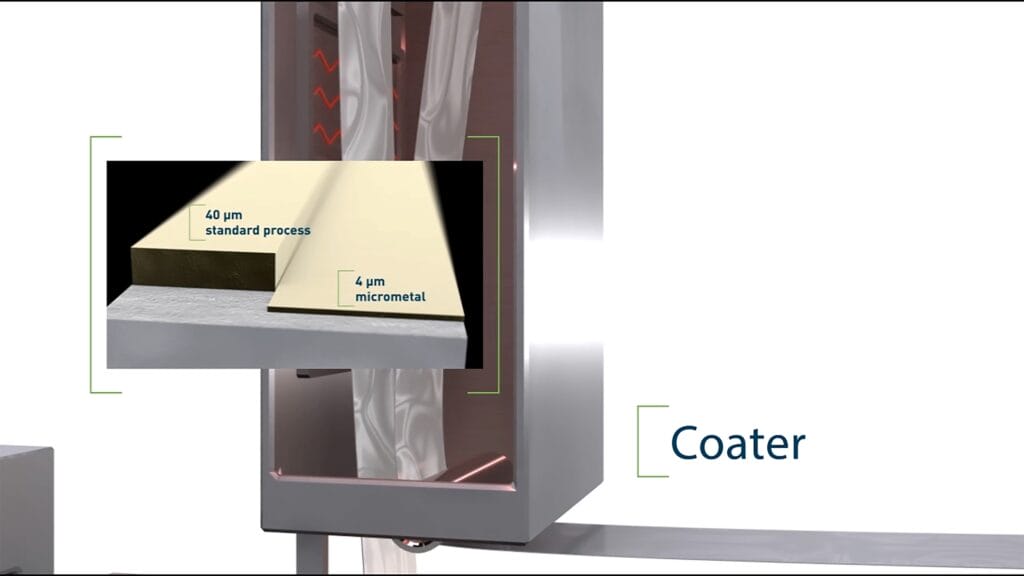
Liquid resist outperforms traditional hard masks and dry films, especially when dealing with very fine features. Its ability to coat smoothly over surfaces without the risk of voids or defects leads to a more precise and detailed etching. As a result, micrometal can produce parts with tighter tolerances for its customers, which is essential for high-stakes industries such as semiconductor manufacturing, precision engineering, and medical device production, where even minute deviations can compromise the functionality and safety of the final product.
By using liquid resist in its PCE process, micrometal gains a competitive edge through enhanced precision, reduced failure rates, and the ability to meet the rigorous demands of advanced technological applications. The company is constantly refining the PCE process which it sees as having enormous value in the stimulation of innovative parts and components across industry, and invites engagement from all manufacturers looking to take the next step in the production of geometrically complex, highly functional, and innovative metal parts and components.

